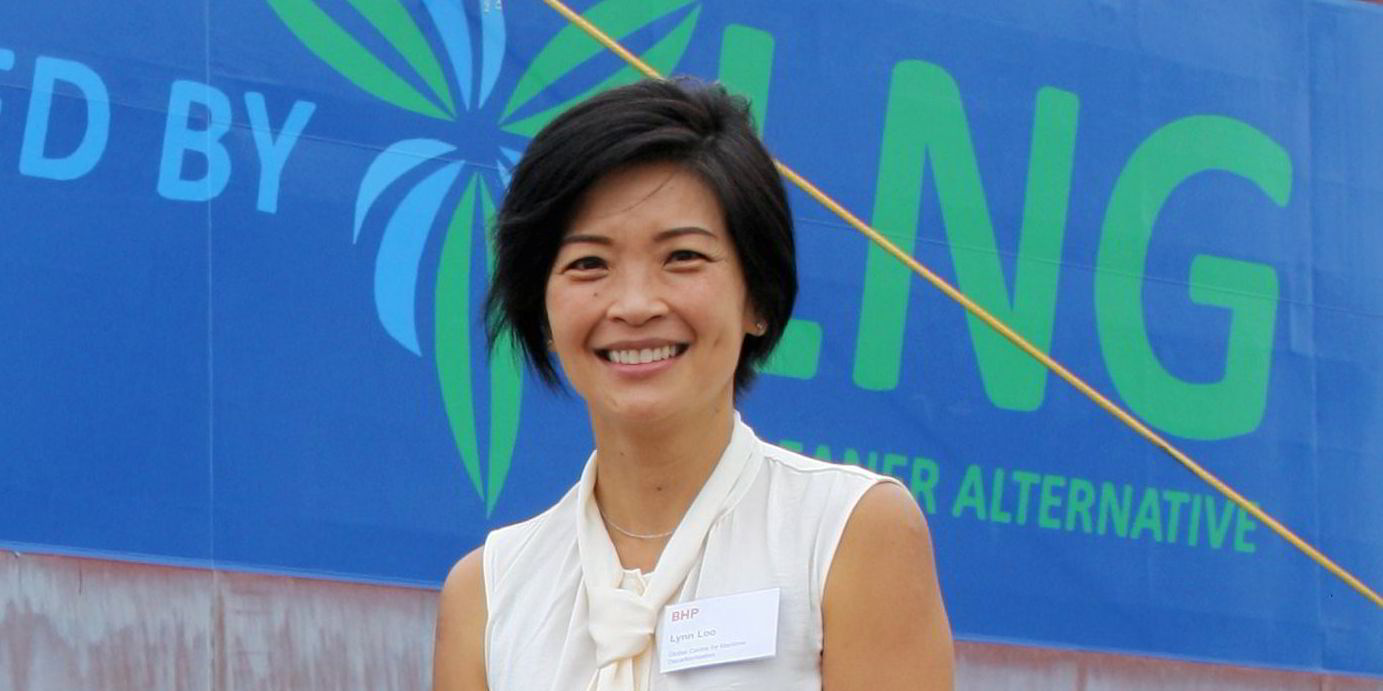Singapore’s Global Centre for Maritime Decarbonisation (GCMD) is leading a consortium of 18 industry partners to launch an $18m drop-in biofuels pilot project to establish an assurance framework for ensuring the supply chain integrity of current and future green marine fuels.
Described as “first-of-its-kind in extent and complexity”, the pilot aims to optimise the entire bunker fuel supply chain by building on the learnings of past shipboard trials involving biofuels.
GCMD chief executive Professor Lynn Loo GCMD said this route-based pilot will help align stakeholders in the supply chain for the adoption of biofuels.
“By facilitating and creating an optimised drop-in green fuels supply chain, this pilot will help to shape national and international standards of biofuels bunkering and lower the barrier for their wider adoption to reduce greenhouse gas (GHG) emissions from a lifecycle perspective.
“In curating and executing this first-of-its-kind drop-in biofuels pilot, GCMD is positioned to address stakeholder pain points in the complexities of the supply chain of green marine fuels in a meaningful way.”
GMCD said biofuels could be a near-term measure to reduce GHG emissions as they are available today, and they can be deployed in the same way as marine fuels with minimal changes to the existing distribution infrastructure, shipboard technologies, and operational norms of ships.
However, the organisation noted that there is no industry-wide assurance framework that addresses concerns on the quantity, quality and GHG emissions abatement of biofuels, nor one that safeguards their premium and value.
“To address this gap, the GCMD-led pilot aims to establish an assurance framework that ensures supply chain transparency of drop-in biofuels, whose applicability can be extended to future drop-in fuels, such as bio-LNG, biomethanol and green ammonia, when they become available in meaningful quantities,” GCMD said in a media statement released on Tuesday.
GCMD said it is undertaking a “bottom-up approach” by “convening like-minded partners across the maritime industry” to participate in the pilot.
Anglo American
Astomos Energy Corporation
Boston Consulting Group
BHP Singapore
BunkerTrace Limited
Chevron Corporation
CMA CGM
Eastern Pacific Shipping
Hapag-Lloyd AG
MAN Energy Solutions
Nippon Yusen Kabushiki Kaisha
Ocean Network Express
Pacific International Lines
Saybolt (Singapore)
Stena Bulk
Swire Bulk
Viswa Group
VPS
The shipowners, charterers and operators participating in the pilot represent approximately 2,300 vessels across the container, tanker and bulker sectors.
Vessels participating in the pilot — 12 in total — are all equipped with engine maker MAN ES’s two-stroke engines.
They will bunker in Singapore, Rotterdam and Houston, with the knowledge gained from these route-based pilots used to support the green corridors framework that was put forth by the Clydebank Declaration at COP26 in October 2021.
The pilot will start with fuel blends involving existing biofuels, such as hydrotreated vegetable oil (HVO) and fatty acid methylesters (FAME) blended with either very low sulphur fuel oil, high-sulphur fuel oil or marine gas oil in blends up to 30% biofuels.
“A variety of biofuels and biofuel blends have already been successfully tested, but this comprehensive pilot can help address remaining uncertainties about how these fuels work in practice by getting extensive end-user operational experiences with products involving FAME and HVO, and hopefully also crude algae oil,” said Unni Einemo, director of the International Bunker Industry Association
The pilot will use BunkerTrace’s digital and synthetic DNA tracing products to track marine fuels from production to vessel propulsion to validate the authenticity of sustainable biofuels through molecular verification tests conducted on fuel samples that are collected at numerous identified points along the supply chain, thereby addressing traceability of drop-in biofuels from production, distribution, transportation, storage, and bunkering to shipboard application.
“The tracing element in this pilot is also really exciting. Biofuels have the potential to help the existing fleet meet IMO’s GHG reduction targets by taking lifecycle emissions into account, but one of the challenges will be certification of product origin as the sustainability of biofuels can vary significantly depending on production pathways,” said Einemo.
“Biofuels can be blends coming from feedstock with different sustainability profiles, so it will be interesting to see if the DNA tracing will show mainly single-source origin products or biofuels of multiple origins. This could give us some really useful insights into the complexities of documenting the full supply chain of fuels, which will become increasingly important,” she added.
Testing laboratories will play a crucial role in evaluating the biofuels and biofuel blends, GMCD said.
The pilot, which has 18 participating partners, will commence on 1 August, and is expected to take 12 to 18 months to complete.






